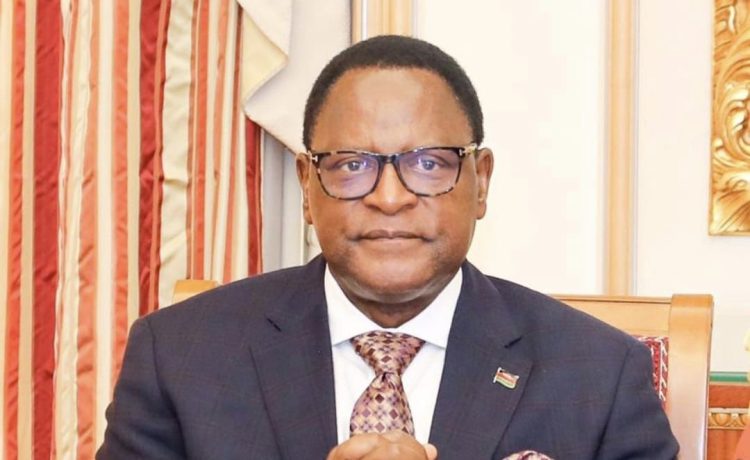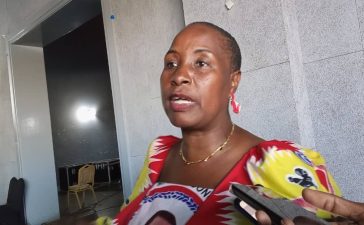In order to cushion the vulnerable and the nation at large from the impact of the recently-announced 44 per cent devaluation of the Kwacha, the Chakwera administration has unraveled its action plan that is also designed to leap the dividends of the currency re-alignment.
Among the cushions designed for poor and vulnerable households, the Government has announced that one hundred and five thousand (105,000) households from the country’s cities will receiving a cushion aid K150,000 per month, for three months under a scheme named Price Shock Urban Emergency Cash Transfer Program which will target cities of Zomba, Blantyre, Mzuzu and Lilongwe city councils.
A further 184,920 people in Cyclone-hit districts will receive K50,000 monthly for 3 months. The Government will also increase Social Cash Transfer Beneficiary Coverage from the current 10 percent (which amounts to about 2 million beneficiaries) to 15 percent of the population (about 3 million people).
The Government has also informed that it will be slicing down employment problem starting with recruitment of 2,741 personnel into the health sector. The recruitment process is expected to be completed by 31st July 2024.
The Government will also increase the wage rate for the Climate Smart Public Works Programme (CSPWP). Currently beneficiaries receive MK1,200 for 4 hours working day for 12 days a month. The intervention will have the CSPWP Beneficiary Work Period extended by having no breaks between cycles for six months in a year. The Government says with immediate effect, the number of CSPWP beneficiary households has been increased from the current 362,450 to 520,000 household’s country wide.
Government has also announced that it is discussing with foreign governments on skilled labour export, stating that over 5000 skilled professionals from Malawi are expected to be recruited in various countries under this program. The country is also expected to significantly benefit in terms of foreign currency remittances/foreign currency diversification under this initiative.
Government has embarked on consultations with relevant stakeholders to revise the minimum wage across the employment sphere, highlighting that the government itself will also embark on a similar exercise with respect to public servants.
Beyond short-term and long-term cushioning of the vulnerable population, the Government has also designed a three-tier strategy aimed at cushioning the general economy. The strategy’s themes include recovery strategy; development strategy; and protection strategy.
Under the recovery strategy, the government says it has completed discussions with the IMF for Extended Credit Facility (ECF) as well as other packages with other development partners for resumption of budget support. Incidental to this, the government says it is controlling and rationalizing its expenditures, addressing the 4Fs which are Forex, Fuel, Food and Fertilizer in reforms context. The government has emphasized that radical reforms are necessary whilst ‘a do-nothing scenario’ would only worsen the economic situation
Under the development strategy, Government says it has intensified its efforts to diversify the Malawi economy by exploring some other growth potential areas like Carbon credits trading and Climate Smart Funding, Mining Discounted Projects, through quantifying mineral deposits and monetize them; Cannabis Biomass Projects in which the Government has already secured export markets for the Malawi’s hemp; Golden Visa Programme in which the Government is exploring the possibility of issuing out golden citizenship to international investors where Malawi can generate more forex; increasing mega farms project; and implementation of crackdown mechanism on money laundering and forex smuggling among others.
Under the protection strategy, the Government has announced that it will implement legal and regulatory frameworks that protect the country’s economy and legislate water-tight laws that will seal existing loopholes, with the regulative eyes fixed on deterring those that would like to play around with the country’s economy. Some of the measures that the Government has announced include intensify a crackdown on all illegal foreign exchange trade in all markets across the country and in boarder areas, commonly referred to as black market; as well as crackdown on illicit trade which are forex sinkholes, through stronger border enforcement, focusing on facilitating legitimate trade.












